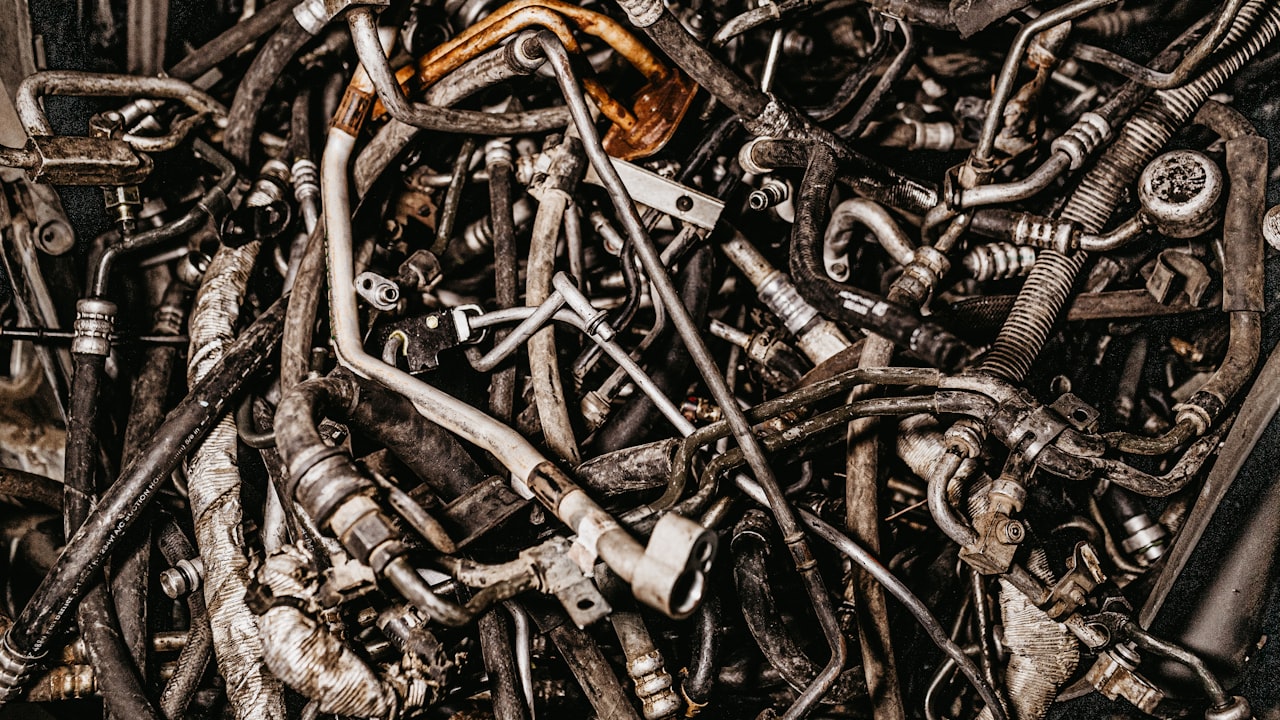 Title: The Role of Pharmaceutical Machinery in Modern Medicine Production
Title: The Role of Pharmaceutical Machinery in Modern Medicine Production
Pharmaceutical machinery plays a pivotal role in the production of medicines in the modern healthcare industry. From the table press machine to the capsule filling machine, these advanced technologies have revolutionized the way medications are manufactured and delivered to patients worldwide.
One of the key components of pharmaceutical machinery is the table press machine. These machines are essential for the production of various types of tablets, including compressed tablets, chewable tablets, and effervescent tablets. Table press machines come in different models and sizes, with the TDP (Tablet Press) and THDP (Tablet High-Speed Press) being among the most commonly used in pharmaceutical manufacturing. The TDP is primarily used for small-scale production, while the THDP is designed for high-speed and high-volume tablet production.
In pharmaceutical production, the capsule filling machine is another crucial piece of equipment. These machines are used to fill empty capsules with powdered or liquid medication. Capsule filling machines ensure accurate dosing and uniformity of the filled capsules, which is essential for maintaining the quality and efficacy of the medication. Modern capsule filling machines are equipped with advanced features such as automatic filling, dosing accuracy control, and high-speed production capabilities.
The TDP and THDP table press machines, along with capsule filling machines, have significantly improved the efficiency and reliability of medicine production. These machines have automated key processes in pharmaceutical manufacturing, reducing the risk of human error and ensuring consistent quality control throughout the production cycle. With the integration of digital technology and automation, pharmaceutical machinery has also enabled manufacturers to enhance production speed, versatility, and customization of medications to meet the diverse needs of patients.
Moreover, the advancements in pharmaceutical machinery have led to increased flexibility in drug formulation, allowing for the development of new drug delivery systems and dosage forms. For example, the combination of table press machines and capsule filling machines has facilitated the production of controlled-release tablets and multi-component capsules, which provide sustained release of medication and improved patient adherence.
In conclusion, the evolution of pharmaceutical machinery, including table press machines and capsule filling machines, has revolutionized the way medicines are produced and delivered to patients. These advanced technologies have enhanced the efficiency, precision, and quality of pharmaceutical manufacturing, ultimately benefiting the healthcare industry and improving patient outcomes. Pharmaceutical machinery continues to play a vital role in shaping the future of medicine production, driving innovation, and ensuring the safe and effective delivery of medication to those in need.
Word Count: 406





